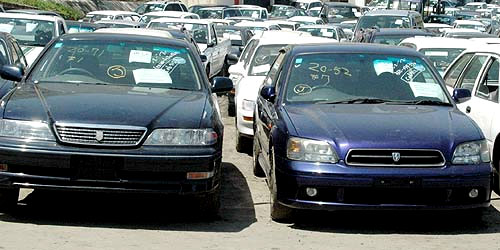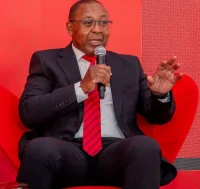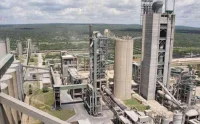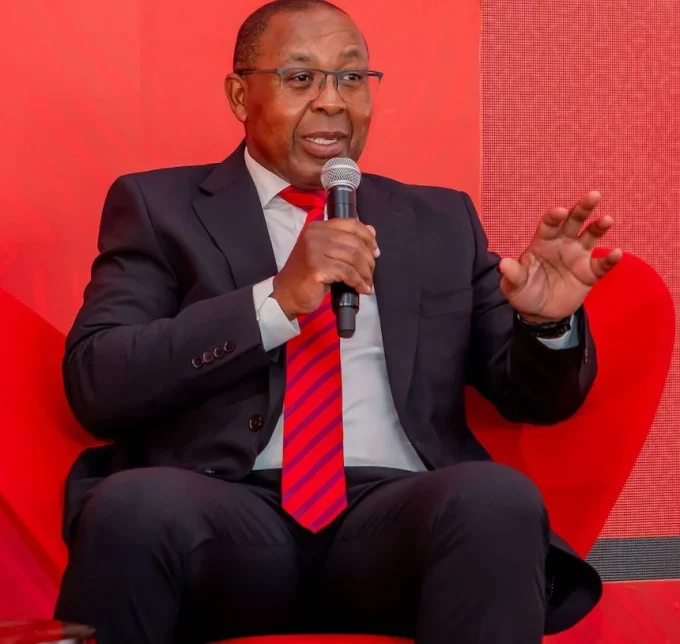The cost of cars is set to rise this month as shilling weakens against the dollar in what could further slow down demand for used vehicles. Motor dealers say that the effect of the weak shilling will be felt from this month as traders step up car imports having spent months to the close of year selling old stocks.
All imported used cars must be eight-year-old or less and dealers rushed to clear 2009 model stocks they had acquired early and mid-last year. Kenya Auto Bazaar Association, which represents used car dealers, says vehicle prices would, on average, increase by Ksh50,000.
“For every dollar, we are now paying Ksh5 more and we expect to transfer this to buyers from this month as we bring more of 2010 models,” Kenya Auto Bazaar Association Secretary-General Charles Munyori said.
“The popular models such as Toyota Premio cost about $10,000 and buyers on account of the weak shilling will pay at least Ksh50,000 more.”
The shilling has for most of this year traded a lows seen 15 months ago, averaging Ksh103.50 to the dollar. The rising cost of cars comes as vehicle owners’ experience increased motoring expenses on rising petrol prices. The cost of diesel, which is mainly used to power trucks, buses, farm and industrial machinery, is trading at a 26-month high Sh89.26 a litre in Nairobi.
Petrol, mostly consumed by private cars, cost Nairobi motorists Sh4.26 more at Sh100.27 a litre, marking the first time it has crossed the Sh100-mark in the past 17 months. The rising motoring costs will delay the turnaround in sales dealers were expecting this year after car sales dropped in 2016.
Total vehicle sales last year dropped 17.2 per cent to 85,239 units, according to data from the Kenya National Bureau of Statistics.
The drop was attributed to the 2014 imposition of higher excise taxes on cars and reduced lending to households following the introduction of caps.
In the quest to reverse the decline in sales, the Treasury in August removed excise tax on locally assembled vehicles and reverted to charging 20 per cent of a used imported vehicle’s value instead of the flat fee of Ksh200,000 that the taxman had been charging mid 2015.
Sales of second-hand passenger cars were the most affected following imposition of the flat excise tax that raised their retail prices by more than Ksh100,000.








![Parliament in a past session. [Photo/Parliament of Kenya/Facebook]](https://businesstoday.co.ke/wp-content/uploads/2026/02/Parliament-Kenya-200x143.webp)










































![Pula Co-Founders and Co-CEOs, Rose Goslinga & Thomas Njeru. Pula provides agricultural insurance and digital products to help smallholder farmers manage climate risks, improve farming practices and increase their incomes. [ Photo / Courtesy ]](https://businesstoday.co.ke/wp-content/uploads/2021/01/Pula-Co-Founders-and-Co-CEOs-Thomas-Njeru-Rose-Goslinga.jpg)



























































Leave a comment